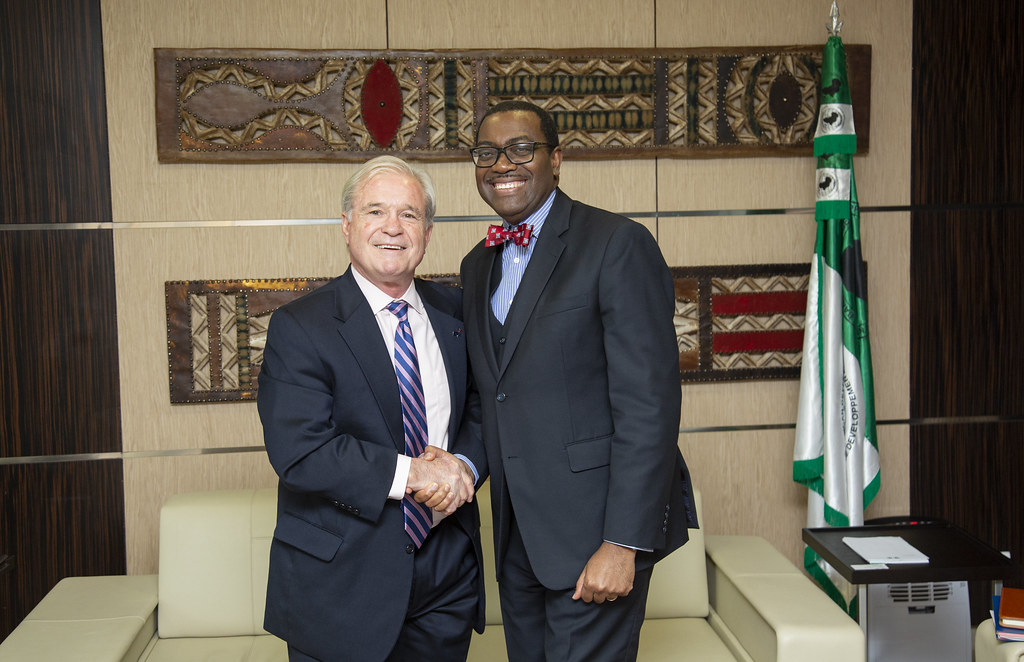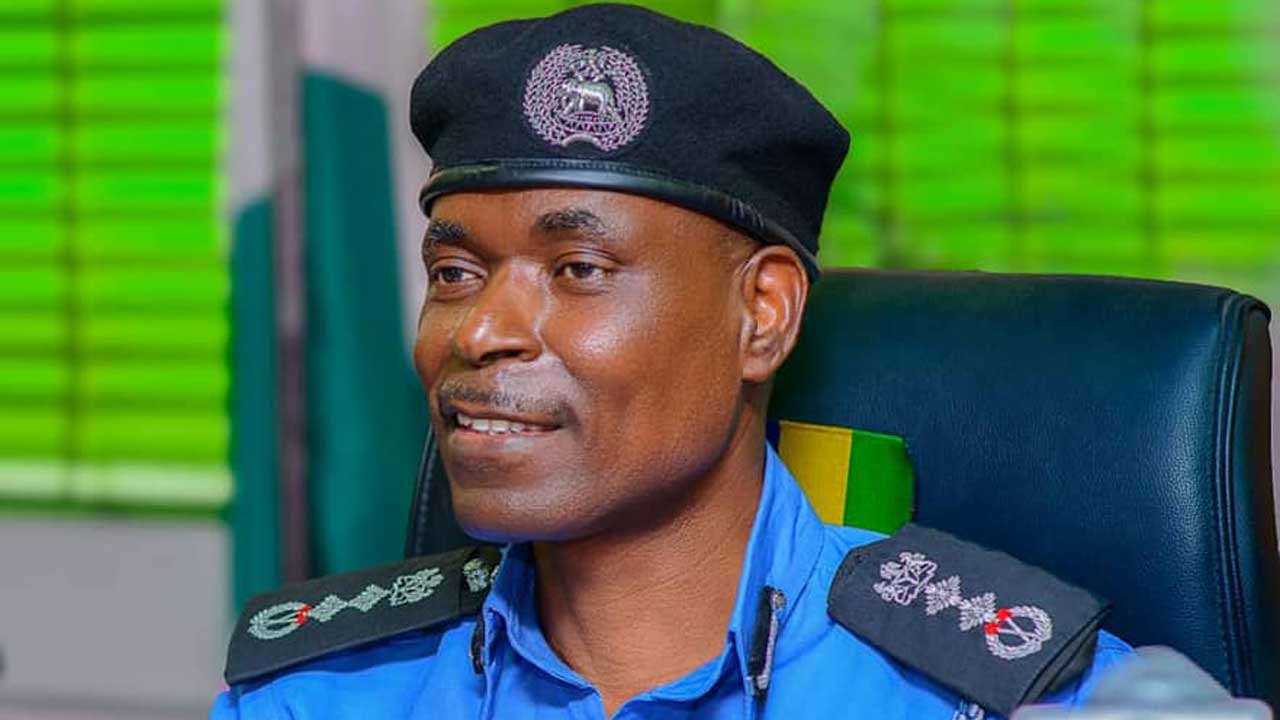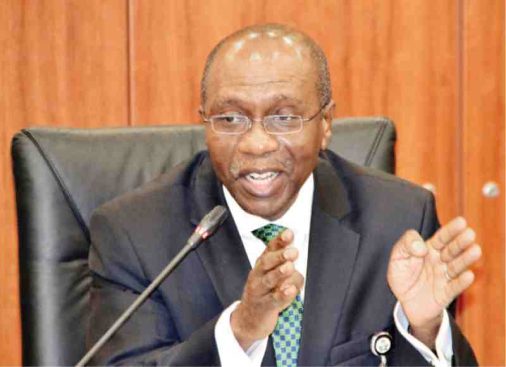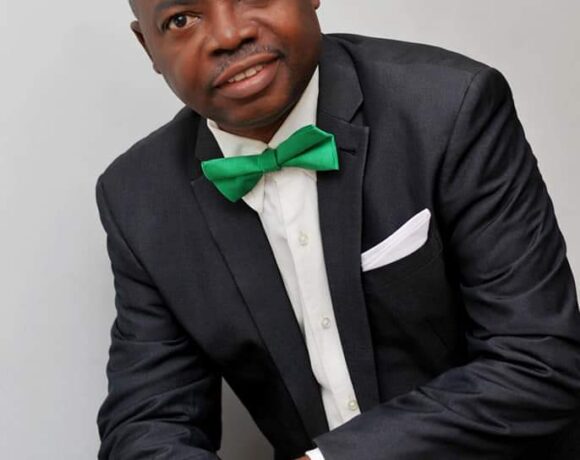Former US AfDB Director declares support for Adesina

A former U.S Executive Director to the African Development Bank, (AfDB), Dr. Mima Nedelcovych, has expressed support to the embattled President Akinwumi Adesina.
Dr. Nedelcovych said that Dr Adesina has stepped up when most needed for an African institution to lead the way in the responses to the Covid-19 pandemic.
On the issue of the whitsleblowers, Dr. Nedelcovych said that the internal inquiry did its job fully in line with statutory guidelines. He expressed satisfaction with the investigation by the Ethics Committee.
In an interview with Pan African Vision, Dr. Nedelcovych said that “unless the US government is holding some secret that the American public is not aware of, I see absolutely no reason why it should not wholeheartedly support the re-election of President Akinwumi Adesina for a second term”.
Below is a full text of the interview:
Dr Mima Nedelcovych served as the 1989 to 1993 as the U.S. Executive Director to the African Development Bank (AfDB) may we start this interview with some historical context on the relationship between the USA and the African Development Bank?
The US is the largest non-regional shareholder of the AfDB, and one of the major contributors to the African Development Fund, the concessional window. The AfDB has always had strong support from the US and that continues to be the case.
What was your working relationship like with the AFDB leadership at the time, what are some of the pleasant and less pleasant experiences or souvenirs that come to mind?
The pleasant experiences were seeing the AfDB take up its role as the major development institution on the continent under the visionary guidance of then President, the late Babacar Ndiaye. It was during the time I sat on the Board that the Private Sector Department was officially set up (previously the bank did not make non-sovereign loans) the African Export Import Bank was established, the African Business Roundtable was formed, and generally speaking the realization that the private sector was going to be the engine of growth was finally accepted. On the unpleasant side are memories of certain African countries falling in arrears to the very bank they should have been championing while keeping current on other MDB engagements.
In a recent letter, USA Treasury Secretary Steve Mnuchin expressed misgivings about the outcome of an internal inquiry that cleared AFDB President Akinwumi Adesina of any wrong doing and called for the appointment of an outside investigator, what did you make of the letter and the US position?
The US Governor, as does every shareholder, has the right to question management’s application of policies and guidelines as established by the shareholders themselves. Upon receiving the letter from the US Governor, the Ivoirian Governor, as the Chair of the Governing Board this year, in my mind did the exactly right thing. She took into consideration the supposition made by the US Treasury Secretary, reviewed it in the light of the formal procedures and guidelines, and concluded that the policies were followed and that the Ethics Committee cleared the President beyond any doubt.
Furthermore, she has asked that the whole whistleblowers statute be formally reviewed, so that it may remain effective, but not become abusive to the proper conduct of the bank. She has asked that an external well-respected individual be recruited to provide an outside unbiased perspective within the next six weeks, so that this matter is cleared up and does not smear the Annual Meetings and the election of the President. The full review of the whistleblower statues and its applications will take a longer period and should not impede the normal functioning of the bank. It is at this point that the shareholders should come to agreement as how to treat similar accusations in the future, balancing the need for such a statute for proper governance with the assurances that serious charges can be properly documented and not be issued lightly or frivolously.

Beyond your stint at the Bank, we know you continue to monitor developments closely, have frictions of this nature or such stark contrast in positions been common between the USA and the AFDB?
Frictions are always to be found in international organizations; it is the nature of the beast as every shareholder has the right to their own opinion. Having said that, I must admit that this “disagreement” is the starkest of any I have seen in the past between the US and the AfDB.
What were your impressions after reading the whistleblower report, were you convinced with the responses from Dr Adesina and do you think the internal inquiry did its job in line with statutory provisions that guide the resolutions of incidents of that nature at the AFDB?
I have known President Adesina for quite some time, including in his previous positions as Minister of Agriculture in Nigeria and at the Rockefeller Foundation, and I am fully convinced with the responses provided by him to the accusations of the whistleblowers. And yes, the internal inquiry did its job fully in line with the statutory guidelines. If there is something that the USG or other shareholders know and/or that the whistleblowers know, then that should be presented to the external individual that will be appointed to conduct the review. For me, those accusations that were made public and investigated by the Ethics Committee, have been responded to in great detail by President Adesina to my full satisfaction.
Adesina has established the framework for furthering the critically important role that the AfDB is playing in the development and inclusive growth of the continent.
Considering that Dr Adesina was literally endorsed by all African countries and was on course to get a second term since there was no challenger, some see in the U.S position a form of opposition to Dr Adesina, what information are you getting from your networks, does the US have an issue with a second term for Dr Adesina?
That question is better posed to representatives of the USG. I have been out of government for over 25 years now and happily since in the private sector, where the African continent is finally and truly becoming a very promising market for investors.
What do you make of reactions from people like former President Obasanjo, the Nigerian Minister of Finance and others who have come out forcefully to speak in support of Adesina?
President Adesina, in his vision and execution of the “High 5s” for Africa, has contributed an awful lot to the development of the African continent. He and the AfDB have stepped up also when most needed for an African institution to lead the way in the responses to the Covid-19 pandemic. So, President Obasanjo and the large number of former African Presidents that came out in support of President Adesina have every reason and right to come forward and publicly support their champion.
In a recent open letter to Treasury Secretary Steve Mnuchin, Ambassador Harold E. Doley, Jr, the first ever U.S Representative to the AFDB called on the US to support Adesina, may we have your views on the letter, and do you share his call for the US to back Adesina?
I am in total alignment with my good friend Harold Doley, Jr’s accolades for all that President Adesina has achieved to date, and I would add that Adesina has established the framework for furthering the critically important role that the AfDB is playing in the development and inclusive growth of the continent. As for the US backing Adesina, unless the USG is holding some secret that the American public is not aware of, I see absolutely no reason for the US to not wholeheartedly support the re-election of President Adesina.
What is your assessment of the way Dr Adesina has managed the AFDB in his first term, in what areas have you seen progress and what would you like to see from him in a second term?
President Adesina came in with a very big vision and mission embodied in the High 5s that I very much supported from day 1. This was and is the necessary vision to bring the African continent into the mainstream of the world economy. The basic tenets of the high 5s that I certainly experience every day as a business person in Africa, those being that farming is a business and a growth sector, that without power you cannot industrialize, that without industry you cannot create inclusive growth and wealth, that without integration you cannot scale and be competitive, and that without those 4 you cannot achieve the 5th of improving the quality of life of Africa’s people are at the core of that mission.
Big visions take time to implement and are often not easy to execute. They required structural changes in the body of the bank, which included both the reorganization and the strengthening of the professional cadre and morale in the bank. As an outside observer, champion and client of the bank, I see these changes taking root and the results beginning to give fruit. What I would like to see in his second term is to give him and the AfDB the time to ripen those fruits to full fruition and in consonance with the fruition I see of the African continent as a whole in today’s world economy.
When we last interviewed you in December 2016, you opined that the Trump Administration will discover the reality of good deals in a rapidly changing Africa, what changes have you seen in US-African relations in the first term of President Trump?
The best thing that has happened is the passing of the US Build Act that has created the US Development Finance Corporation with all it new tools and authorities that could make it a major player on the continent. Furthermore, the Prosper Africa Initiative that recognized that prosperity is a two-way street, is good for American business as it is good for African business and the uplifting of the African population. The reauthorization of the US EXIM Bank is another very important element. Taken as a whole, and especially as evidenced by the goal of having “Deal Teams” at each US Embassy, coordinating all the arms and tools of the USG, will be a big boon for US businesses entering or already operating in Africa.
What do you make of the fact that President Trump has not visited Africa in his first term, does this not send the wrong message to the kind of US-African relations that people like you and many others have been advocating for?
As an American doing business in Africa, whether President Trump visits Africa or not is of no particular concern to me. What is of concern is to get the full-blown support of the USG through the Deal Teams and that those teams and the vision of that support is effectively executed. And that is why all those new instruments are important.
A very astute African business colleague once remarked that the African business train is leaving the station. The Chinese have clearly gotten on board, now it is up to Americans to decide whether to board and participate in that economic growth or not. I would add that simply bashing the Chinese is not the answer, the answer for our mutual benefit is providing our African colleagues an alternative option, a solution to their problems and turning them into opportunities.
We end with a last word from you on how you see this standoff between the U.S and the AFDB eventually playing out and if you do not mind a word on your company Africa Global Partners as well.
The way I look at it, the African Development Bank is the continent’s most prominent and influential multilateral player and is one of the few such institutions that the US has a commanding say over the Chinese. If competing with the Chinese in Africa is primordial to the US, then supporting the position of our African fellow shareholders in the African Development Bank and supporting President Adesina is in our own interests.
Two years ago, I turned over my mantle as President of the Initiative for Global Development, and returned to Chairing the two companies I have been associated with since departing the AfDB in 1993, AfricaGlobal Partners in DC and Schaffer International in Louisiana. We are both advisers and developers of projects, and our sweet spot is the nexus of agro-industry, clean energy and infrastructure. I also proudly sit on the Boards of the US owned Vista Bank Group (focused on SME lending) in West Africa, Fayus International, a Sacramento, CA based food processor and distributor operating throughout Africa, and the Niger Delta Partnership Initiative in Nigeria.
Source: Panafricanvisions.com



